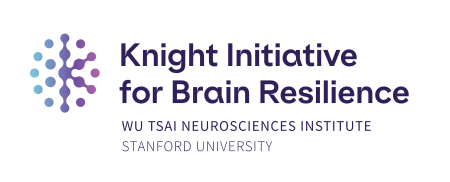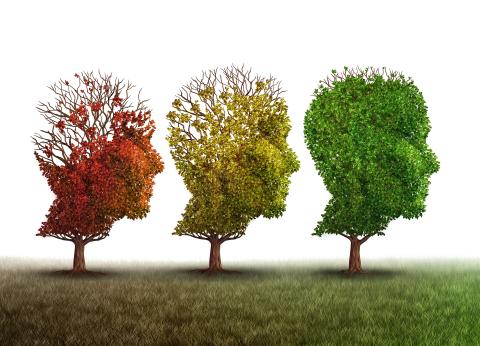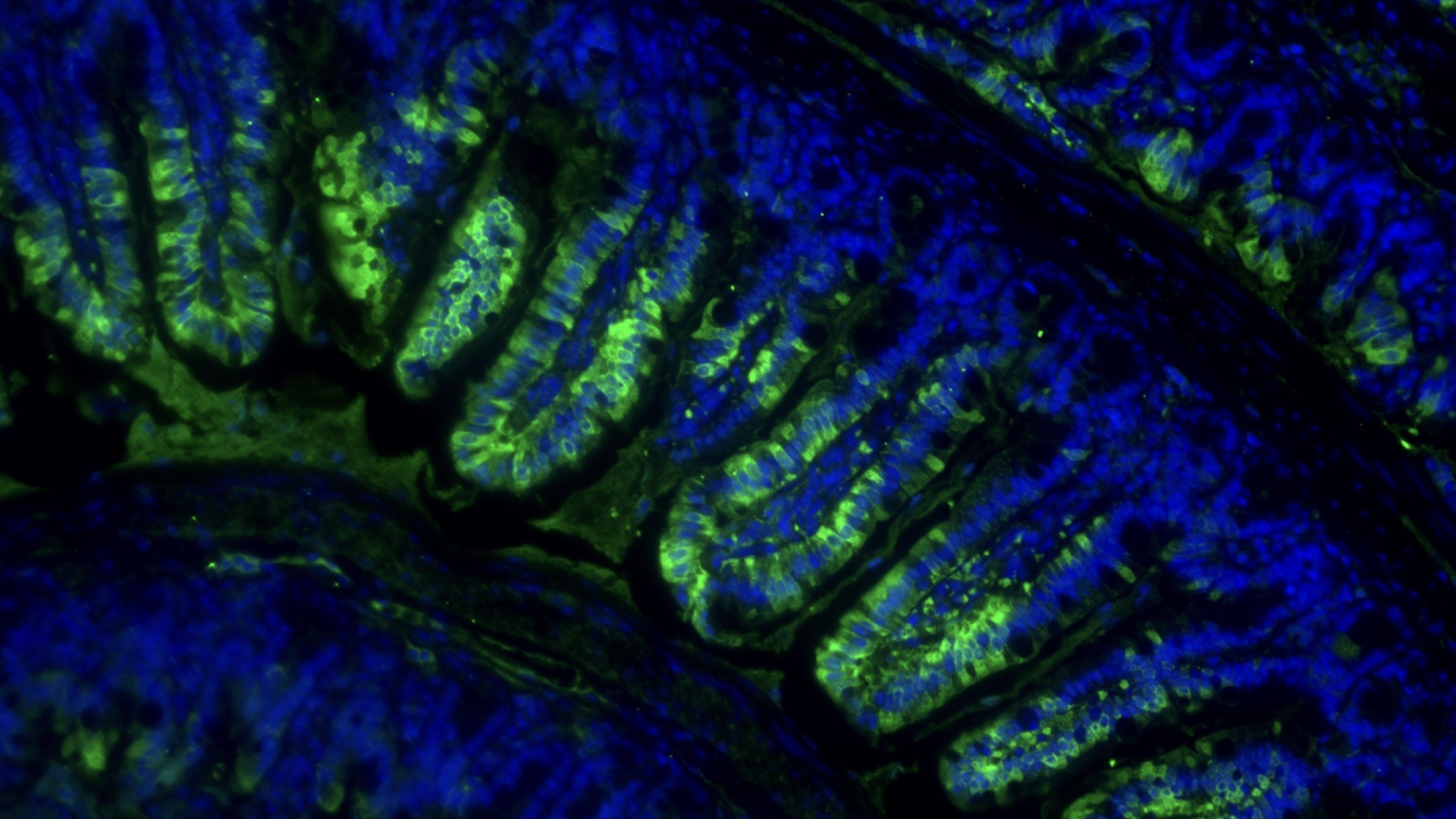Our Innovation Awards support creative and bold proposals to generate paradigm-shifting insights into the biology of brain aging, the drivers of neurodegenerative disease and opportunities to promote brain health and resilience long into what we now consider "old age".
Purpose
Time seems to chip away relentlessly at our cognitive abilities after we pass midlife, leading to what some believe is the inevitable loss of memory function and the development of dementia. An estimated 50 million people will suffer from Alzheimer's type dementia across the globe by the end of the decade, simply because modern medicine allows us to survive other causes of death. In a similar vein, as more people benefit from advances in health care and medical breakthroughs, an ever-growing number of them succumb to Parkinson’s disease, frontotemporal dementia, vascular dementia, and Lou Gehrig’s disease (ALS).
This is a sobering view of growing old and, unfortunately, most of us have family or close friends who are affected by one of these diseases — most often Alzheimer’s disease. The complexity of the problem is staggering as the brain, the central command of our body with billions of computing units (neurons) and trillions of connections (synapses), is essentially malfunctioning.
Yet, there is hope! About 1 in 10,000 individuals in wealthier nations reach 100 years of age cognitively intact – they seem to be resilient to the ravages of time. Not only do they not suffer from heart disease, diabetes, or hypertension but many of them have remarkably intact memories and brain functions! Many more people age into their nineties with perfectly working brains. What’s more, an increasing body of research finds individuals who have a genetic predisposition to develop dementia but who somehow escape this genetic fate against all odds.
What if we could emulate this seemingly successful dodging of the aging process or genetic risk factors? Or maybe even reverse aspects of brain aging in older individuals altogether, essentially rejuvenating their minds?
The Knight Initiative for Brain Resilience Innovation Awards seek the most creative and bold proposals to fundamentally shift our understanding of the brain's potential for resilience against aging and neurodegeneration — with the ultimate goal of keeping the brain healthy long into what we now consider old age.
Innovation Awards support bold research ideas aimed at reshaping the field of brain resilience and neurodegeneration. These awards provide up to $1.5 million in direct costs over three years, and are open to Stanford faculty from any research or clinical background, with a strong emphasis on cross-disciplinary proposals.
Why do mutant immune cells provide Alzheimer's resilience?
Researchers in the Jaiswal Lab discover a surprising twist to our biology: age-related mutations that increase the risk of blood disease also protect against brain disease. Published in Nature Medicine, this research provides clues to how to slow the progression of dementia.
Innovation Award applications are currently closed
About 1 in 10,000 individuals reaches age 100 cognitively unscathed — seemingly resilient to the effects of time. The Phil and Penny Knight Initiative for Brain Resilience seeks to emulate this sidestepping of the aging process and raise the hope of reversing brain aging altogether.
About 1 in 10,000 individuals reaches age 100 cognitively unscathed — seemingly resilient to the effects of time. The Phil and Penny Knight Initiative for Brain Resilience seeks to emulate this sidestepping of the aging process and raise the hope of reversing brain aging altogether.


